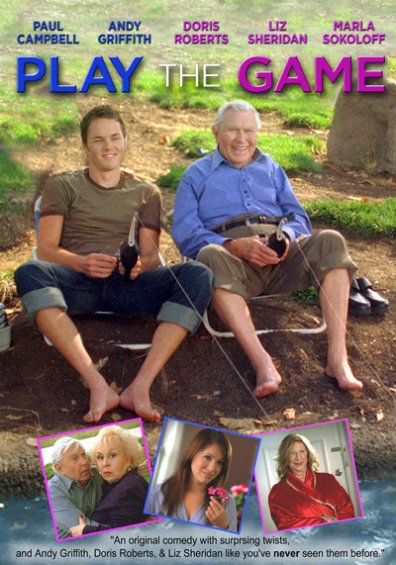Interview: ‘Fame’s’ Anna Maria Perez de Tagle
Posted on September 26, 2009 at 8:00 am
Anna Maria Perez de Tagle is one of the bright new stars who “light up the sky like a flame” in the new re-booting of the 1980 classic film, “Fame.” I was lucky to get to interview her about the film.
NM: How is this version of “Fame” different from the original? If they make one 20 years from now, what will it be like?
AMPdT: “Fame” is more of reinvention rather than a remake of the 1980s hit movie. This time It follows 10 students throughout their personal and professional lives at the NY Academy of Performing Arts high school. It’s different because it’s more contemporary and modern for our generation like the music and the dance numbers. I think 20 years from now the next “Fame” would be patterned after our “Fame.’
NM: Which do you like more, singing or acting, and why?
AMPdT: When I was younger, I always wanted to be a singer. Singing was my first love then it all fell into acting, but once I started working I grew to love acting just as much as I loved to sing.
NM: What was your first performing job and what did you learn from it?
AMPdT: I was the first Asian American Cinderella in the bay area for the children’s musical theatre of San Jose performed at the Montgomery Theatre. I learned everything from musical theatre–I loved the feeling of being on stage and touching people with my talent. That’s when I realized I wanted to do more and go to Hollywood.
NM: Was there a movie or television show you saw as a child that made you say, “That is what I want to do?”
AMPdT: My obsession when I was younger was “Grease.” I watched it everyday on VHS and knew every song. I would pretend I was Sandy and sing to myself to a mirror.
NM: If you could play any part in a famous Broadway musical, what would it be?
AMPdT: I’d love to play my favorite Broadway musical character …. guess who this is and where it’s from…
“When’s it my turn? Wouldn’t I love, love to explore that world up above? Out of the sea…wish I could be……..Part of that…world….!!!” ARIEL from The Little Mermaid!!!!
NM: What would be the best part of going to a performing arts school like the one in “Fame?”
AMPdT: I actually went to the Los Angeles County High school for the Arts which is very much like the “Fame” school. The best part about the school was learning how to sing different styles of music. I was a part of the vocal department Jazz club and other singing classes so I learned how to scat, sing arias, sing operatic etc.
NM: What was your biggest challenge with this role and what helped you make it work?
AMPdT: My biggest challenge was one scene, my favorite scene, with Debbie Allen. I was so nervous to do a one-on-one scene with her because she was an original Fame cast member. Kevin Tancharoen had to talk me through it and he basically told me that that scene will be the one time everyone will remember Joy and actually see my acting chops. At the end I felt like the outcome was very good.
NM: What is it like to be on the red carpet?
AMPdT: It’s actually very hectic. The easiest part is posing for photographers. All you have to do is set one pose and smile. The crazy part is going through the interviews because you never know what will be asked, but it’s still a lot of fun.
NM: What have you learned from your co-stars about how to deal with fame (the experience, not the movie!)?
AMPdT: I think we all learned the exact message of the film which is dreaming big, sticking with that dream and still trying to achieve success. We are all trying to make a name for ourselves in the business so we still strive hard to get to where we want to be.
NM: Do you have any pets?
AMPdT: Yes! I have two teacup pet Yorkies! Timmy, he’s a boy and weighs only less than 3 and a half pounds and Nikki, she’s a girl and weighs a little over 5 pounds. They’re cute and I love them so much.
NM: What’s on your iPod?
AMPdT: I listen to everything from the Jonas Brothers, to Lady Gaga, Demi Lovato, Jordin Sparks, T-Pain and more.


